Boost your bench press: 10 effective tips
The bench press is undoubtedly one of the most popular exercises in the gym and almost everyone knows about it. For many, the bench press is also a measure of strength, and it can be important to be able to lift a respectable weight. But how do you improve your bench press?
1. Train the bench press more often
In order to become stronger in the bench press, it is necessary to train it with a higher frequency. This is based on neuromuscular principles: the more often you perform a certain movement, the better the nervous system adapts. While bodybuilding focuses on great muscle exhaustion and longer recovery, strength training is about optimizing neural adaptations, which requires more frequent training. Elite powerlifters, like the Russians, bench press up to eight times a week. Start with three times a week and build up gradually if you want to maximize your strength.
2. Lift explosively
In strength training, it is about maximum recruitment of motor units. This is best achieved by pressing the weight explosively, although the weight does not always move quickly. Whether you're working at 70% or 85% of your 1RM, push with maximum force. Remember, however, that explosiveness must not compromise technique. Lower the weight in a controlled manner, but avoid dropping it onto your chest.
3. Use low repetitions
To maximize strength, train heavy with few repetitions. While bodybuilding typically involves 6-12 reps for hypertrophy, powerlifters most often use sets of 1-3 repetitions. This activates the strongest motor units and the fast-twitch type II fibers, which have the greatest potential for force development.
4. Increase set volume
Repeated sets of the same exercise stimulate the same nerve pathways, improving neuromuscular activation. Therefore train with a high set volume, but adapt it gradually to avoid overtraining. Start e.g. with five sets of bench press three times a week. Remember that strength requires more stimulation of the nervous system than the few sets to exhaustion used in bodybuilding.
5. Avoid failure and exhaustion techniques
When the goal is strength, you should avoid training to failure or using techniques such as forced reps. When fatigued, the muscle's ability to generate maximum force decreases. Although you can focus on hypertrophy at times to increase muscle mass, the main focus should be heavy, explosive training without exhausting the muscles.
6. Learn proper technique
Proper technique is key to increasing your bench press strength. Start with a solid stance, where the legs are planted firmly on the ground and the back is swayed to create stability. Keep the elbows closer to the body, approx. at a 45 degree angle, to protect the shoulder joints and maximize lat activation. Run with correct "touch and go" technique or stop on the chest like the powerlifters.
7. Use periodization
Plan your training with periodization so that you vary the volume and intensity. To avoid overloading the nervous system, you should alternate between light, moderate and heavy training sessions. It ensures optimal progress and recovery. You can also follow programs like Boris Sheiko or Smolov Jr. if you need a structured plan.
8. Stay focused on the bench press
Although auxiliary exercises can be beneficial, your main focus should be on the bench press if you want to get stronger at it. Limit the number of auxiliary exercises and choose those with the greatest transfer value. Close-grip bench press and dumbbell bench press are better choices than isolation exercises like skull-crushers or dumbbell flyes.
9. The bench press is more than a chest exercise
Although the bench press is primarily a chest exercise in bodybuilding, it is viewed differently in strength training. Here it's about movements, not muscle groups.The bench press is a complex movement in which several muscles play a significant role. Therefore, it is important to optimize the activation of all muscles involved, not just the chest.
10. Train the upper back
Although the back is not the primary muscle in the bench press, it plays an important role as a stabilizer. A strong upper back creates a solid press foundation and helps prevent shoulder injuries. Therefore, make sure to train your lats, traps and back shoulders regularly to maintain the strength balance between the front and back of the body.
These ten tips will help you take your bench press to the next level and achieve significant strength improvements.


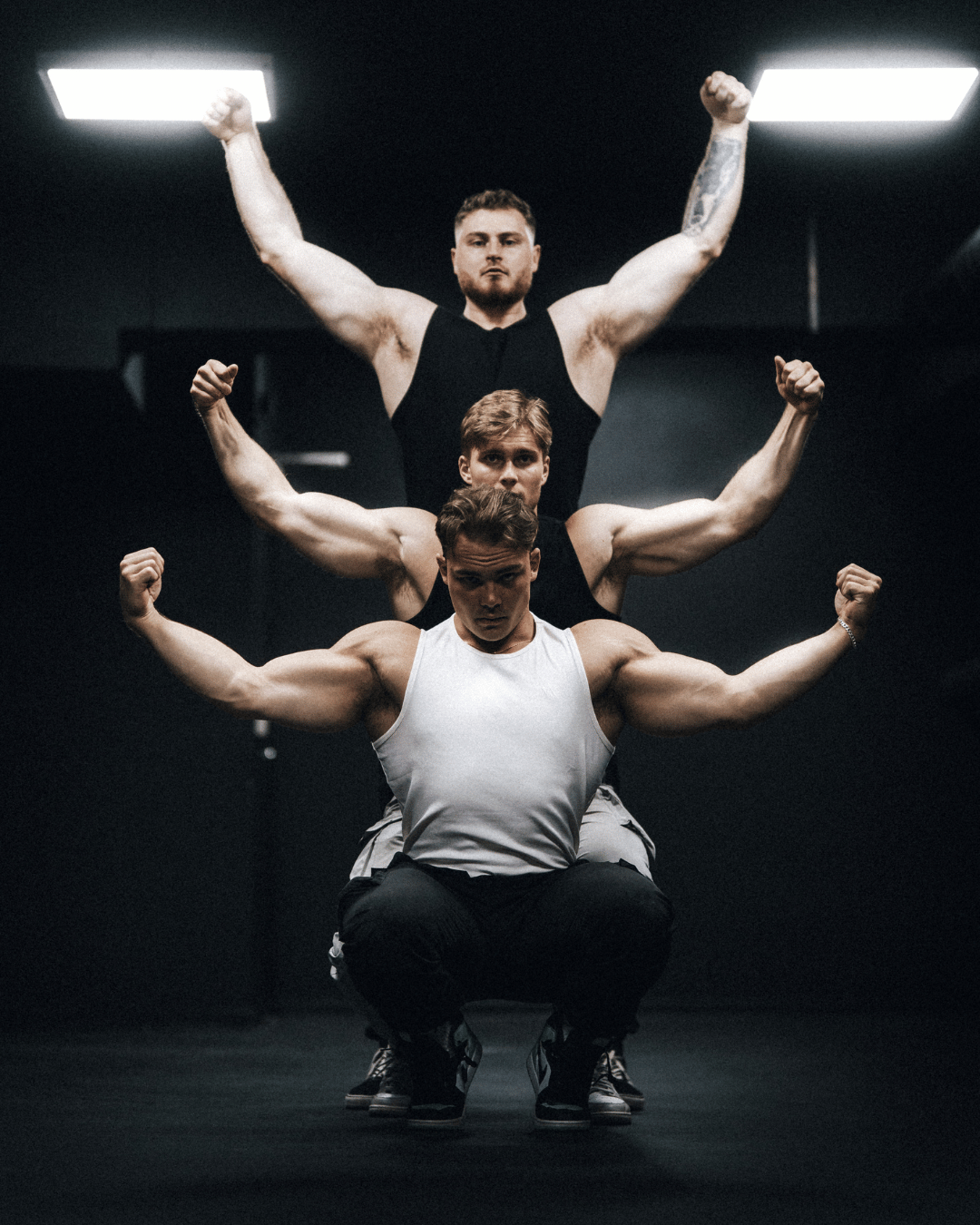
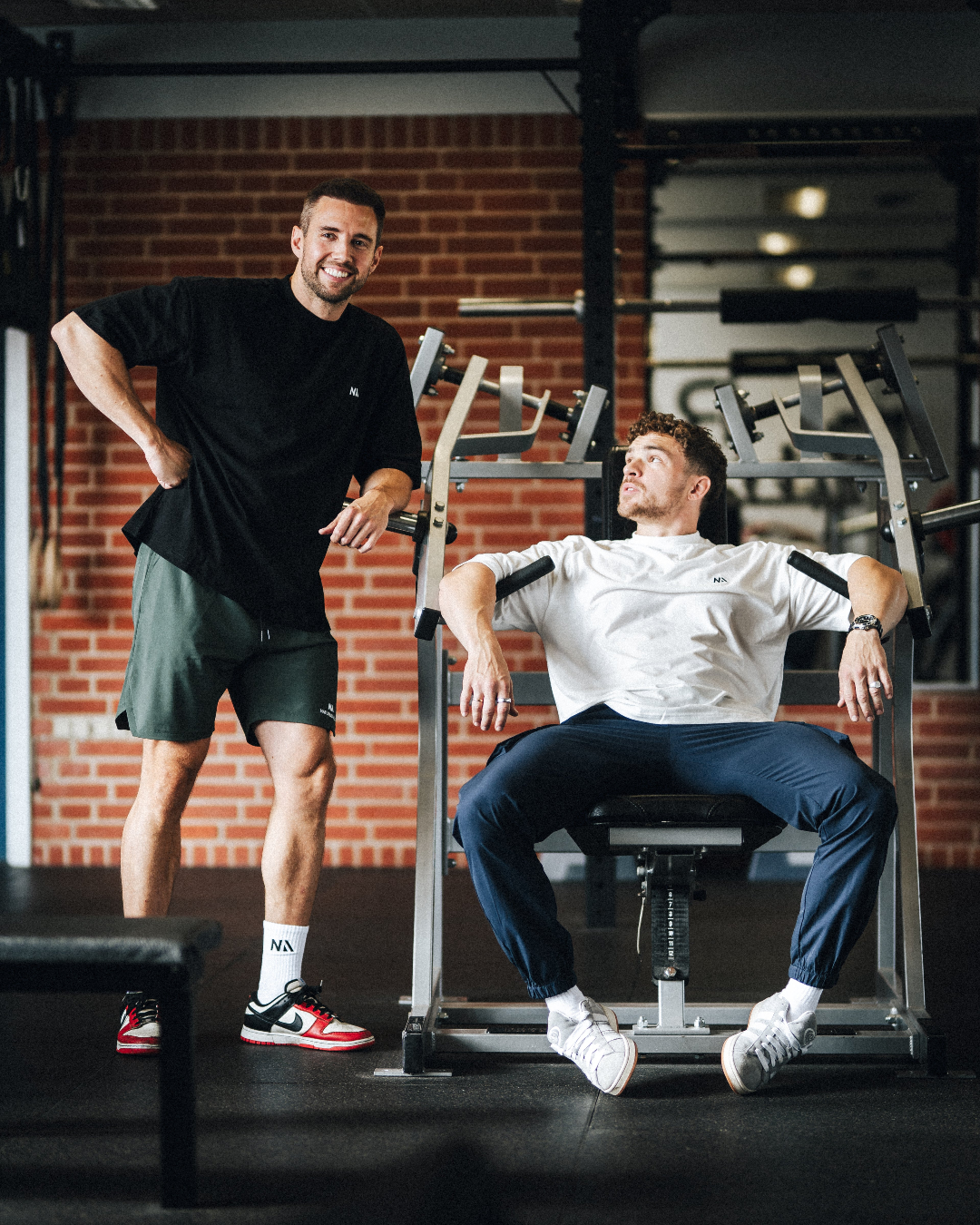
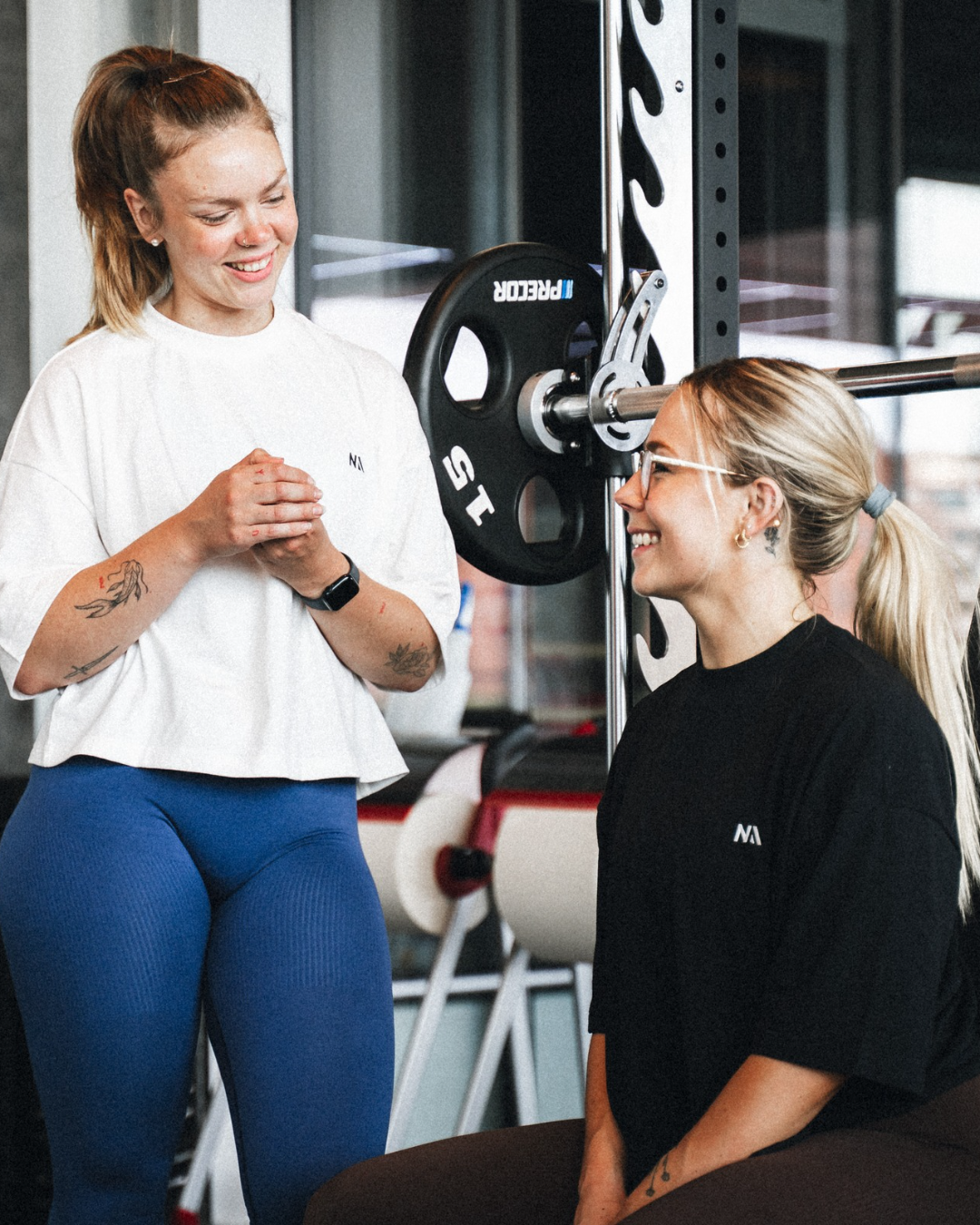


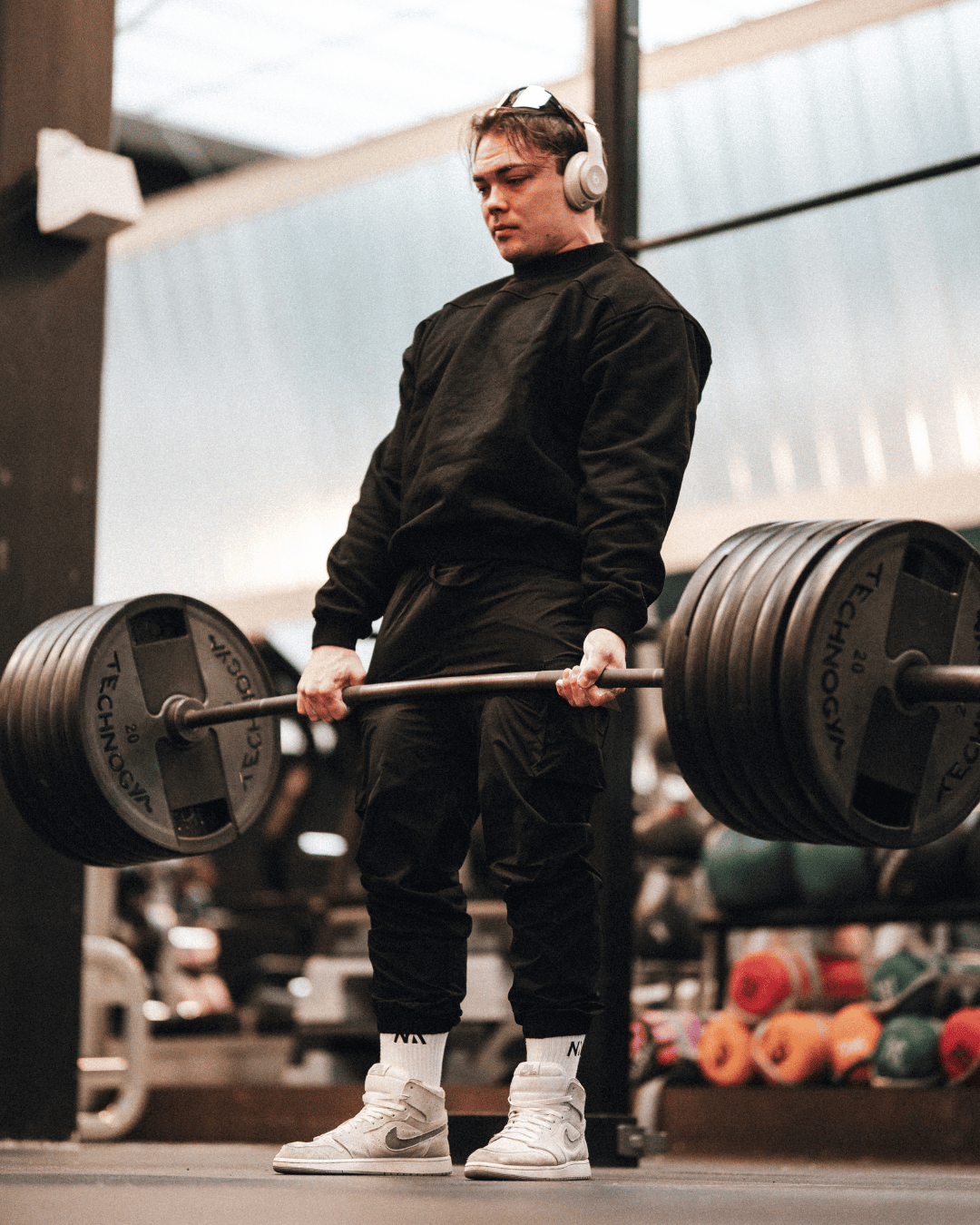
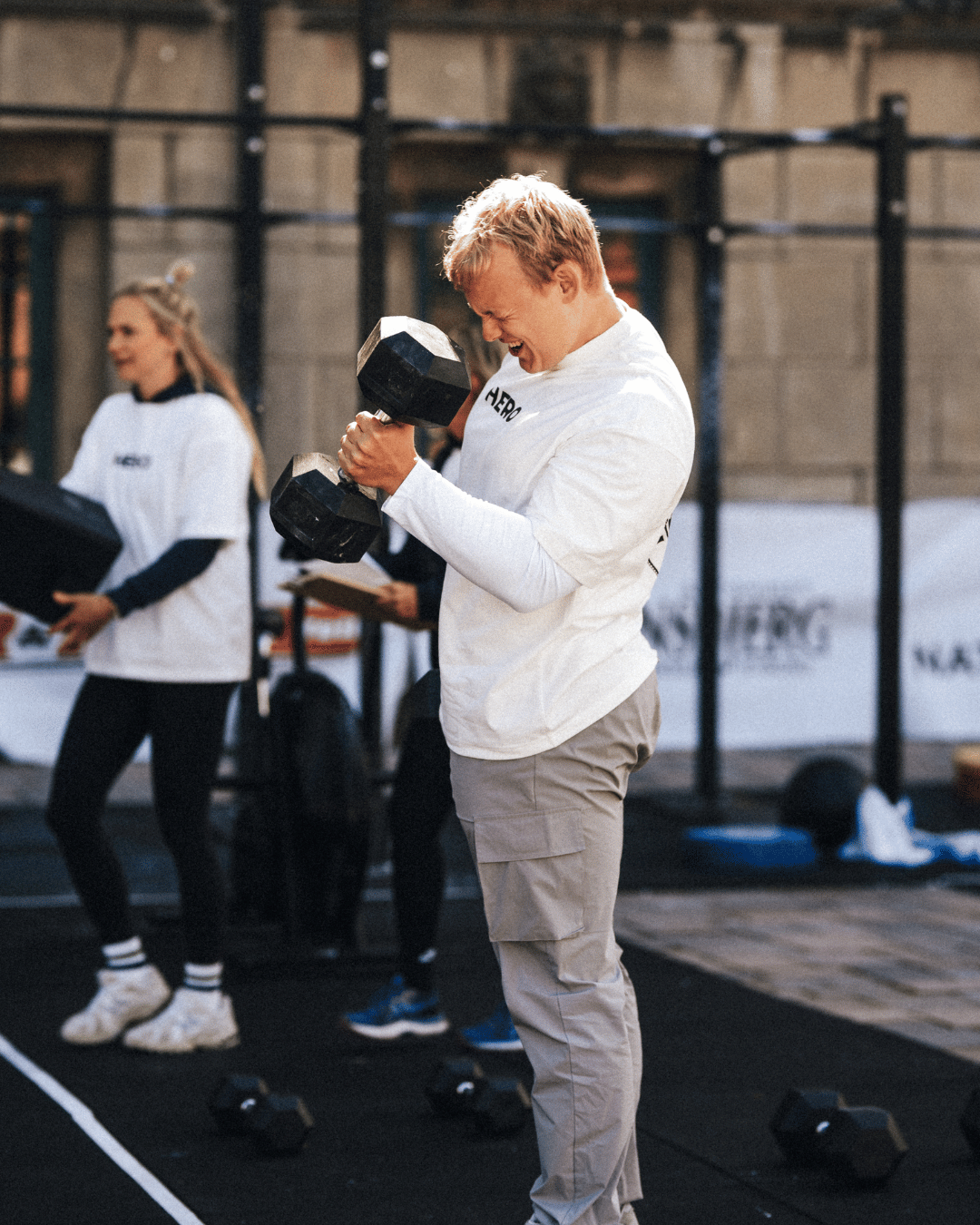
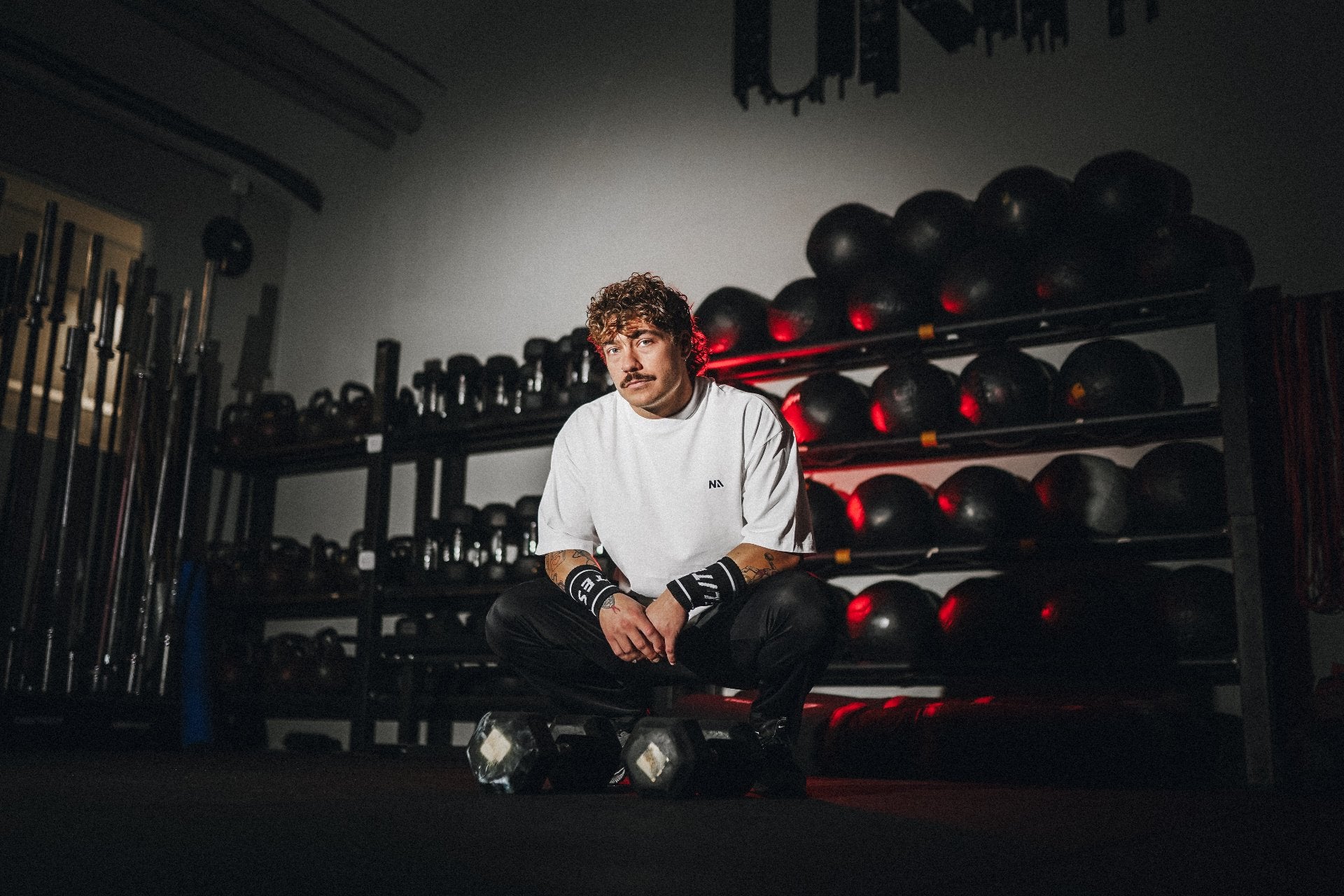
Leave a comment
This site is protected by hCaptcha and the hCaptcha Privacy Policy and Terms of Service apply.